
Checking In With Our Artisans
6th May 2020
May 6, 2020
This week we describe how the Coronavirus has affected artists in 3 of the 27 countries we represent: artisans in Afghanistan, Guatemala and Madagascar. It’s a mix of emotions but our take away? We’re inspired by acts of humanity and generosity, by the artists' resilience and by their creativity, too. Read on. -Jody & Mary Anne
AFGHANISTAN
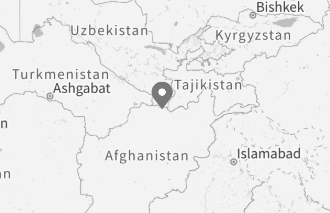
In a country where babies are sometimes fed heroin to stave off hunger pains, because it is cheaper* than rice, the Coronavirus has shut down certain commerce and has worsened an already difficult economy.
The women who make Cultural Cloth's felted rugs live in the area shown above. It is a rural region with no water for agriculture and thus few options to access income earning opportunities. There is no electricity or gas and everyday a considerable amount of time is spent searching for firewood or dung as fuel to cook their food. Nearly two years ago the Taliban moved in to this region and imposed their strict interpretation of Sharia law. This interpretation resulted in severe limitations for the women's rug design options and reduced their markets. (See our 2019 blog “Hold Your Horses”)
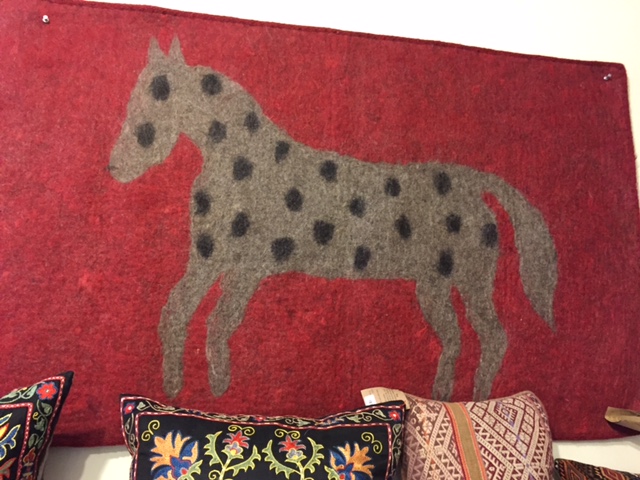
Jody checked in with our contact, Dr Ghullam, an MD who provides medical treatment for the women and their families and helps market their rugs, too. We were saddened to learn that 9 of his doctor colleagues have died of the virus. Dr Ghullam reports that the felted rug makers are getting by- because they have some rug income- but others nearby are nearly starving. Jody asked if it was possible to get food to these people and Dr Ghullam said he knew several families desperate and he could could buy food for them if he had the money- and so Jody sent him money. In the photos below, the expressions on the faces that are visible tell the story.
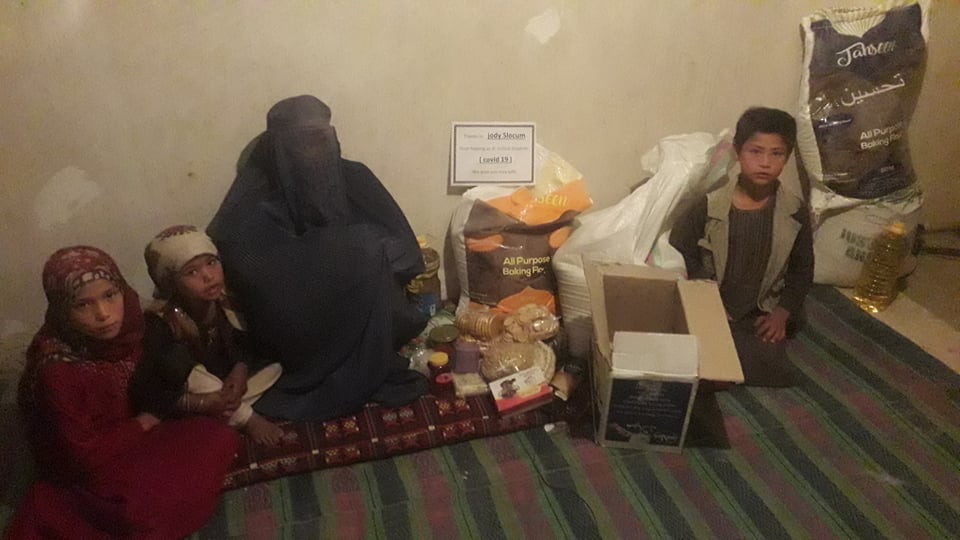
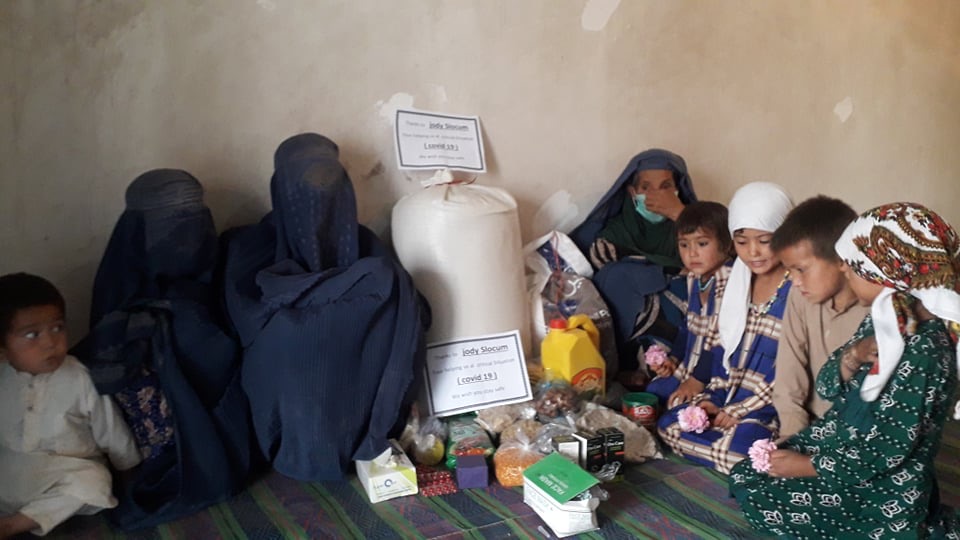
Check out the women’s new felted wool rugs here.
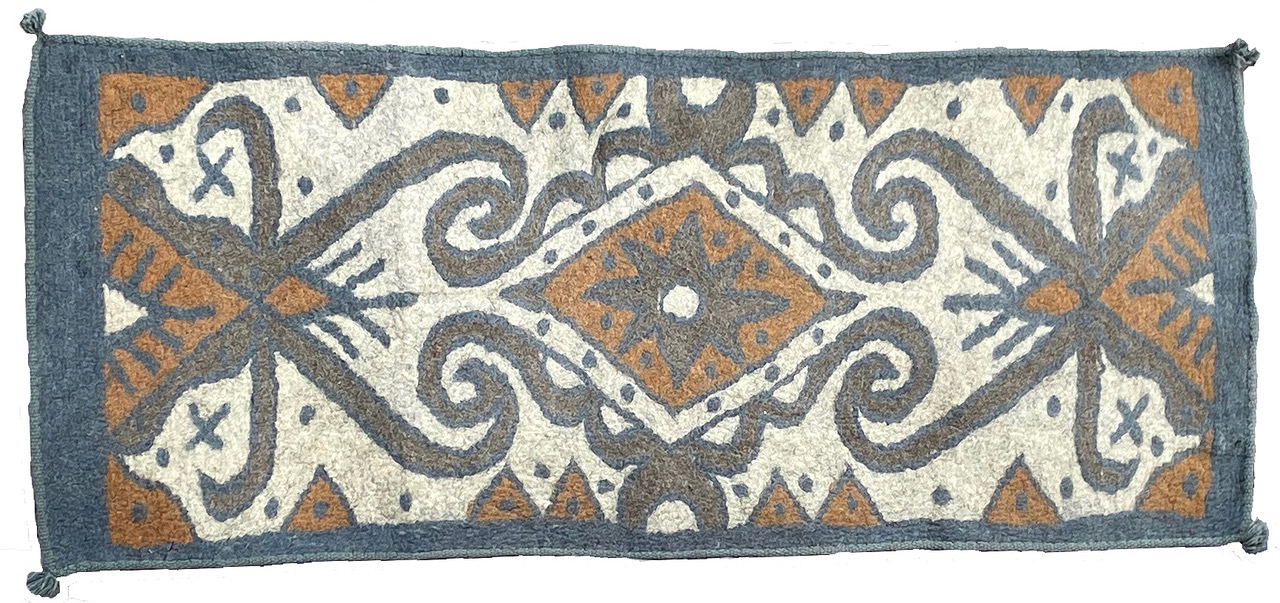
* The World Is A Carpet, 2014, by Anna Badkhens
GUATEMALA
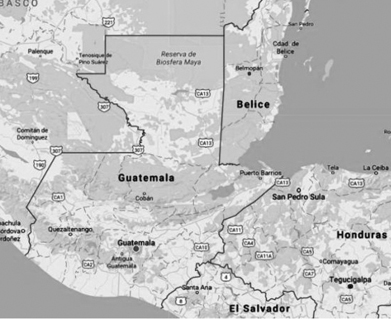
If you could travel neighborhoods throughout this Central American country, you might notice colored bits of fabric hanging outside an occasional house. A white flag means: “We are out of food- help if you can.” A red flag means “a senior citizen lives here and needs medicine or food.” Amazing that sometimes strangers bearing rice and beans actually knock on these doors.
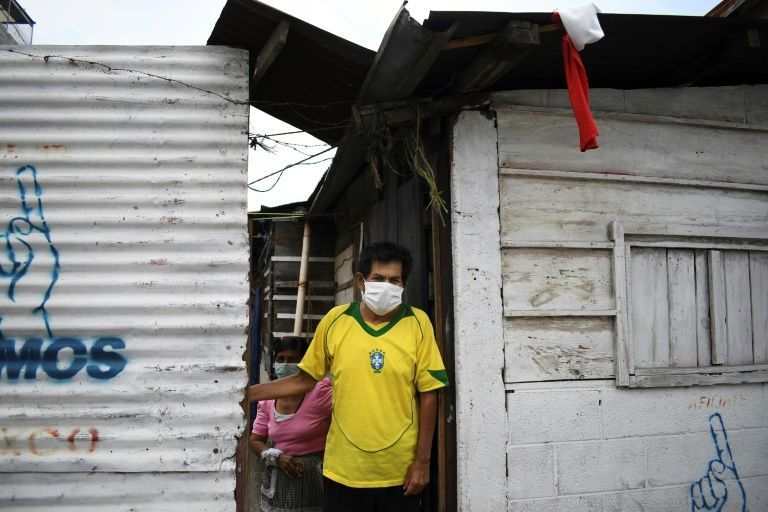
photo from Soy502
But Guatemaltecos creativity is also on display- the piñata makers especially- who feed the local demand for piñatas for birthday celebrations- now offer Coronavirus themes.
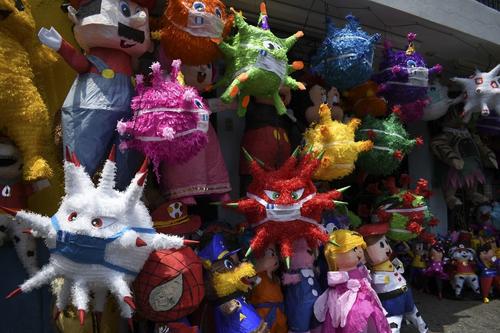
photo from Soy502
As with many people throughout the US and around the globe, the economic effects of shutting down commerce to stem the contagion has had devastating affects. For countries like Guatemala, that rely heavily on tourism, income earning opportunities evaporated overnight. A B&B owner who has welcomed us at erratic hours for the past 15 years is now wandering neighborhoods looking for any odd job. A driver we entrust with hauling several thousand dollars of Cultural Cloth goods -along with us- can no longer make his car payments. And some of Jody’s friends in Farmer to Farmer, a Guatemalan based non-profit, where she serves on their Board, wonder how they will put food on their tables.
Many of the women in Multicolores, a Guatemalan non-profit Jody & Mary Anne helped co-found, are now the sole income earners for their families: their husbands can’t go to work but the women are able to hook rugs or embroider story cloths at home. And because they are part of Multicolores, that buys their work outright and not on consignment, they are able to earn money. Although they miss getting together with their artisan groups, they express profound gratitude for work that sustains them during the pandemic. Many artists simply said, “if I were not part of Multicolores, and receiving an income, I have no idea where my family would be right now”.
Check out a new crop of vibrant hooked rugs by the Maya women here.
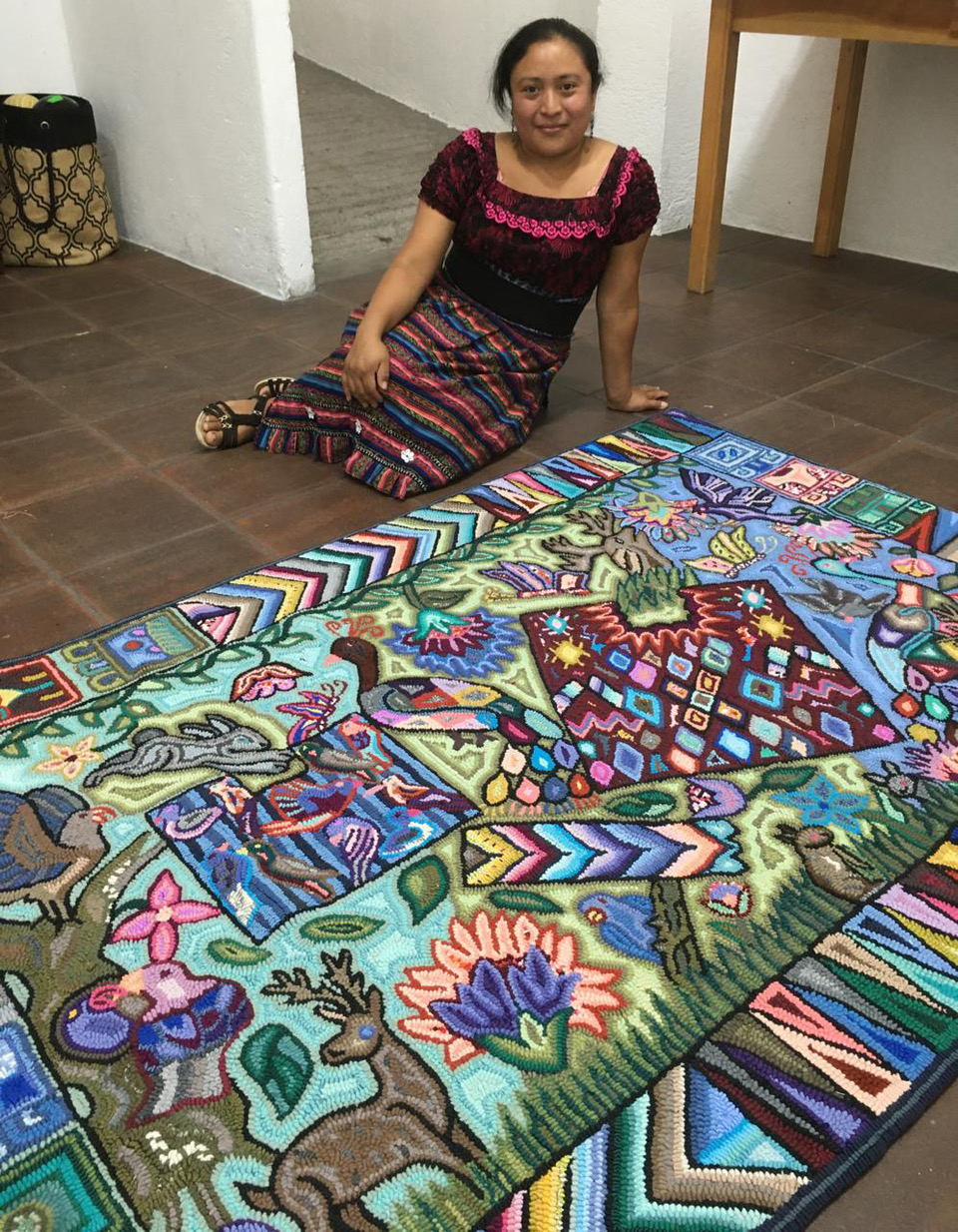
MADAGASCAR
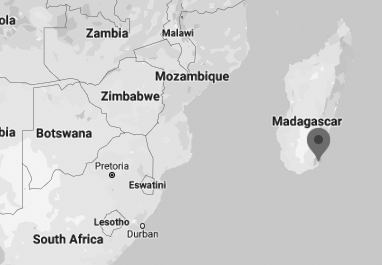
An island nation in the Indian ocean off the SE continent of Africa, famous for lemurs and baobab trees, Madagascar is the 9th* poorest country in the world. We had plans for a second exhibition of embroidered Malagasy folk tales by the women of Stitch St Luce for the Spring Fresh Art Tour. But the coronavirus cancelled the Tour and besides, their government closed all airports and shut down the economy in order to curb the virus. The women’s story cloths couldn’t get out.
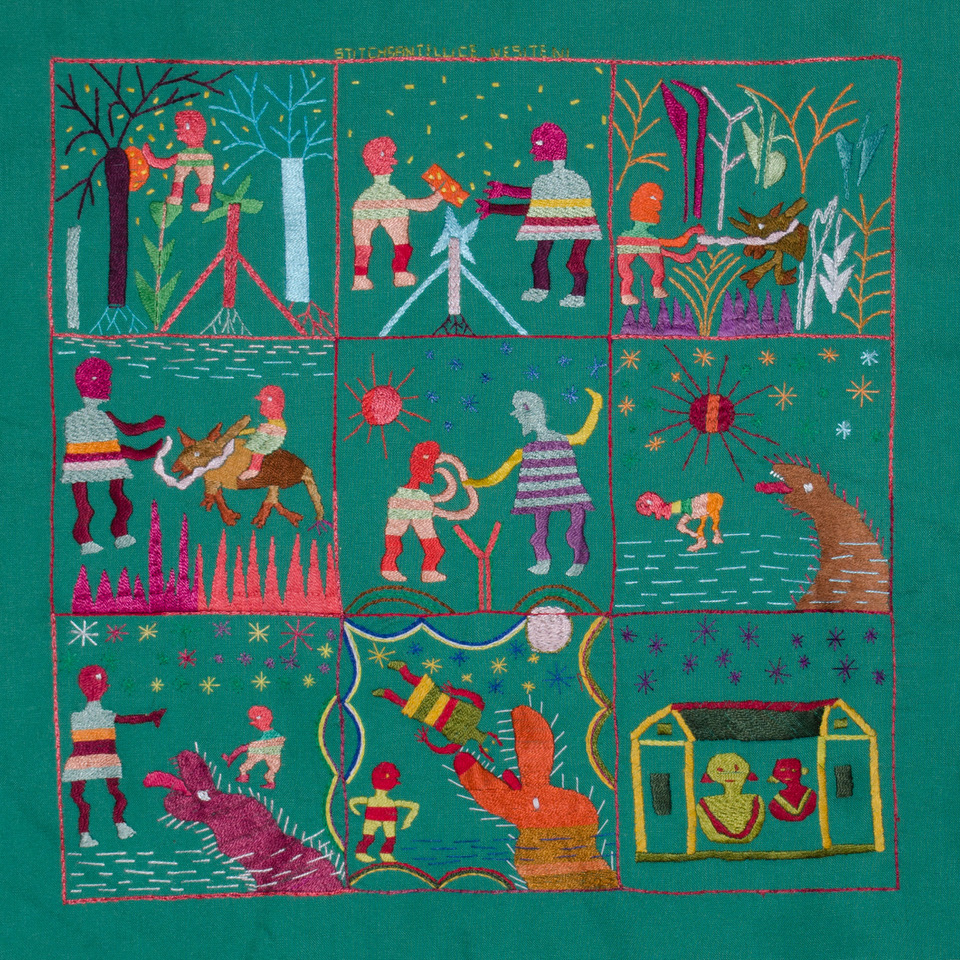
Although working on expanding their markets beyond Madagascar, the majority of Stitch’s sales are to tourists. Now, with the economy shut down, sales are at a near stand-still. To help ease their cash-flow Cultural Cloth purchased the collection of story cloths destined for the cancelled Fresh Art Tour. We will reschedule the exhibition at a later date, to be determined, whenever we receive news the country has reopened and the story cloths are enroute. In the meantime the women of Stitch St Luce have set aside their embroidery hoops and are sewing face masks.
We will have information about Stitch’s upcoming exhibition on our website and by email.
Below: The women of Stitch St Luce have no electricity and so they work by daylight and use an iron containing hot coals.
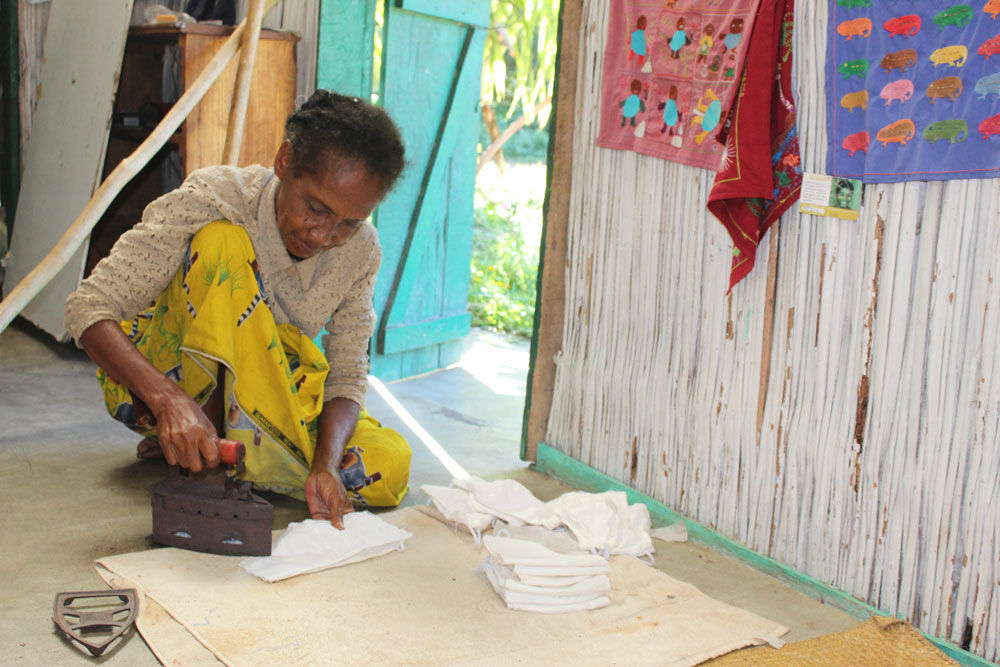
*USA Today https://www.usatoday.com/story/money/2018/11/29/poorest-countries-world-2018/38429473/

